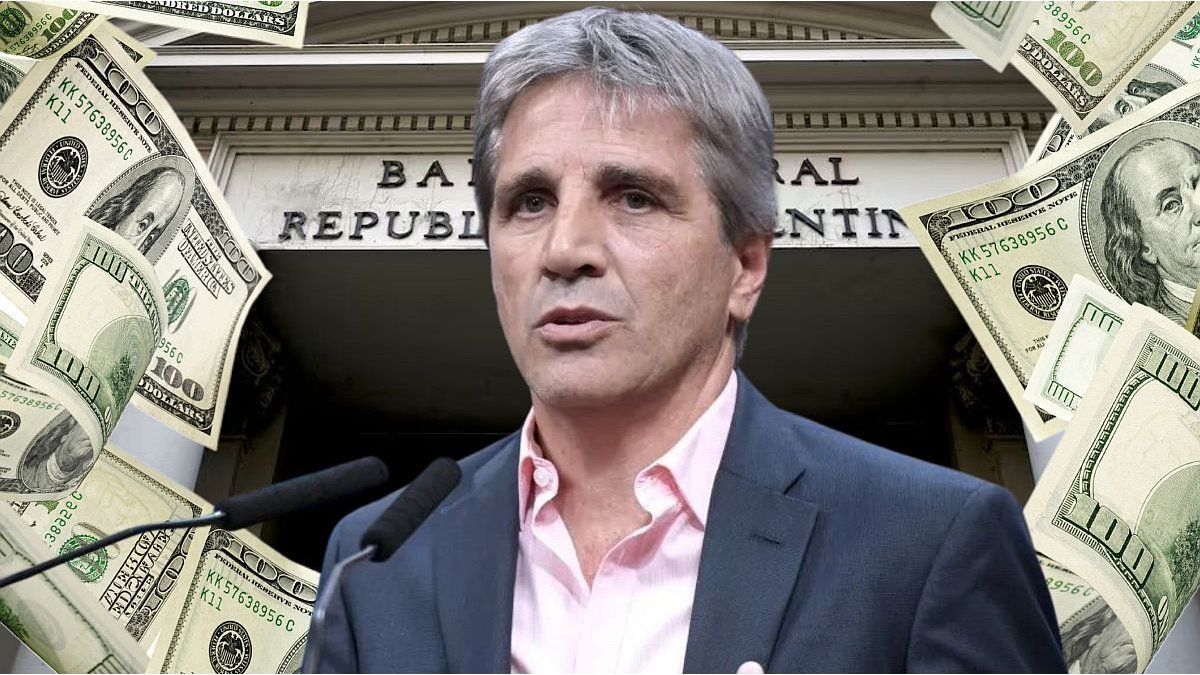The process of beautifying exhaust emissions from Audi diesel engines ended with suspended sentences. Nonetheless, all defense attorneys are appealing. Because without this move, their clients would soon have to pay a lot of money and travel a lot.
The defense attorneys for former Audi boss Rupert Stadler and his two co-defendants have surprisingly appealed against the judgment of the Munich Regional Court. The court announced on Tuesday. The Economic Criminal Court sentenced all three to suspended sentences and monetary payments for fraud in the diesel emissions scandal.
In the case of Stadler and the engineer P., the defense, the public prosecutor’s office and the court had already agreed on the penalties that would be imposed during the trial. Stadler’s lawyer Thilo Pfordte expressed his satisfaction after the verdict was announced on Tuesday last week that his client was spared a prison sentence.
However, all three defendants should expect to be heard as witnesses in all other investigations and processes in the diesel scandal as soon as the verdict is final. In addition, the judiciary could then immediately claim the entire procedural costs, which lawyers estimate are in the order of 1.5 million euros.
Stadler was sentenced to one year and nine months in prison on probation and payment of 1.1 million euros for fraud by omission. He did not initiate the manipulations, but stopped the sale of the cars in Germany much too late. In his case, the public prosecutor’s office had already agreed to the suspended sentence during the trial, as did the case of the engineer P.
Limit values complied with on the test bench
The public prosecutor’s office only appealed the verdict against the former head of Audi engine development, Wolfgang Hatz. She had demanded a prison sentence of three years and two months for the 64-year-old. The Economic Criminal Court sentenced Hatz to two years’ imprisonment on probation and to pay 400,000 euros.
The longtime head of engine development at Audi and later a member of the Porsche board of directors had confessed to the manipulation of the exhaust gas control in large diesel engines. He and P. arranged for the development of the software with which the nitrogen oxide limit values were observed on the test bench, but no longer on the road.
The appeal had to be filed within one week after the verdict was announced, but can be revoked at any time. The Criminal Court has until April 9, 2024 to state the reasons for the verdict in writing. After the judgment was served, the defense attorneys and the public prosecutor’s office have the opportunity to justify the appeal, as court spokesman Laurent Lafleur said. Only then are the files submitted to the Federal Court of Justice for a decision.
P.’s lawyers said they appealed on purely formal grounds to meet the deadline. Her client basically agrees with the verdict and can live with it.
Source: Stern




